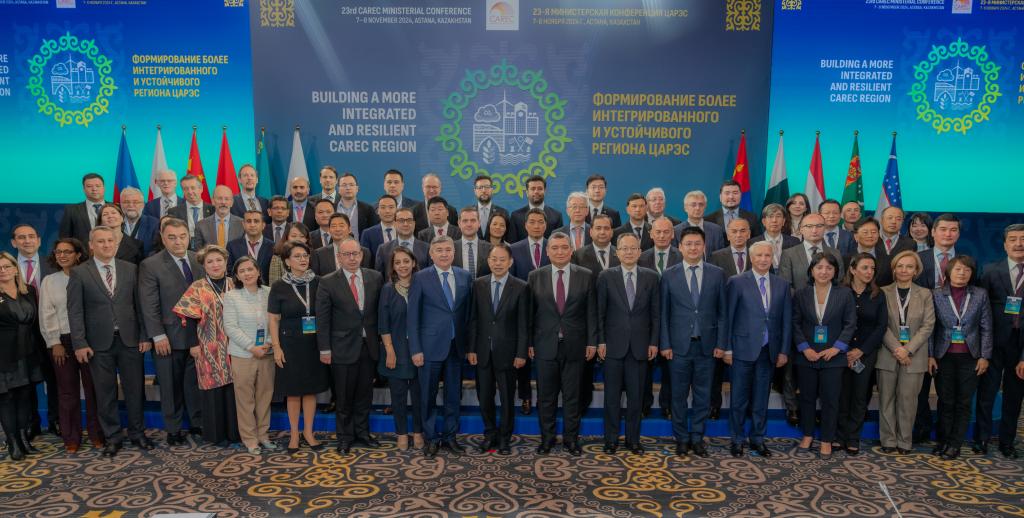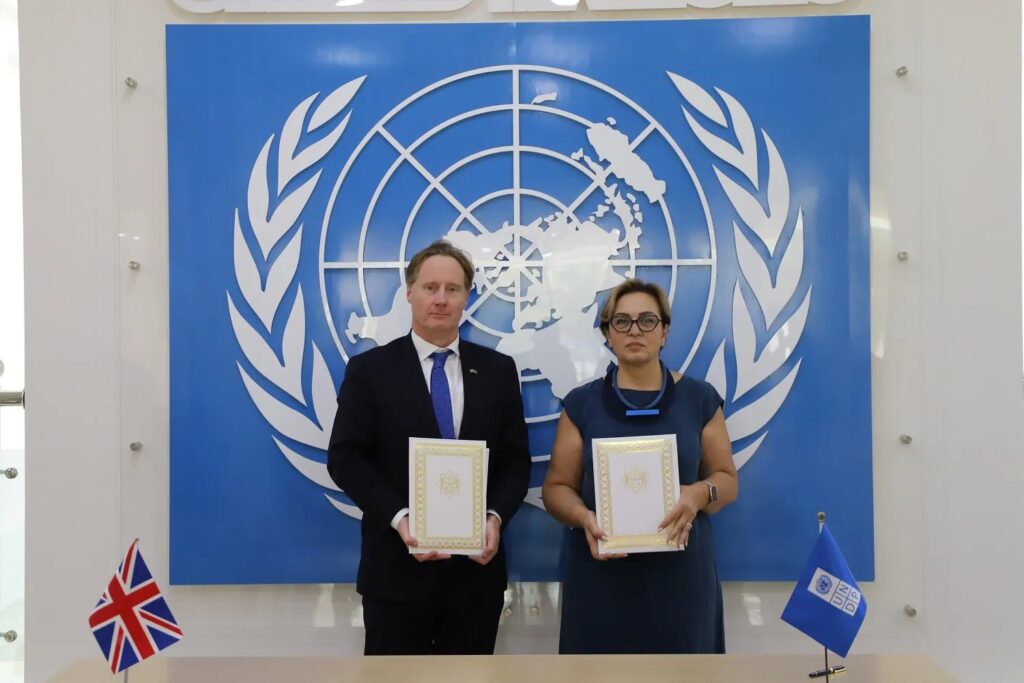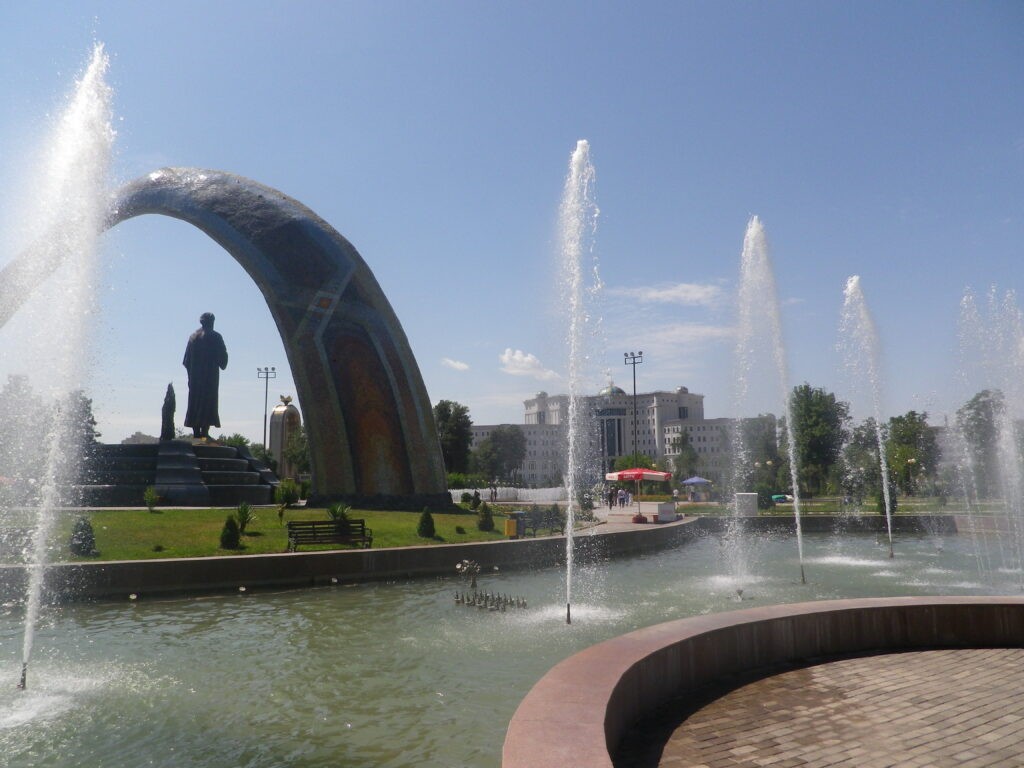The seventh meeting of the Coordinating Council for Sustainable Development Goals (SDGs) took place in Astana on January 5th, chaired by the Prime Minister of Kazakhstan, Alikhan Smailov. The meeting was attended by heads of government agencies and representatives from the United Nations, the United Nations Development Program (UNDP), and the European Union. At the meeting, updating the national SDG indicators, localizing SDGs in the regions, and preparing an annual report on the implementation of SDGs was discussed. Following the symposium, the SDG Coordinating Council approved an action plan for 2024.
During the meeting, Prime Minister Smailov emphasized that the primary goal of the SDGs is to improve the quality of life of Kazakhstan’s citizens by implementing advanced international standards. “In September of last year, the Head of State, Kassym-Jomart Tokayev participated in the United Nations SDG Summit,” Smailov said. “During his speech, the President emphasized that achieving SDGs is a top priority for the nation. As a result, Kazakhstan is always willing to collaborate with all Member States to pursue a more just and sustainable world.”
The UNDP Resident Representative in Kazakhstan, Sukhrob Khojimatov, highlighted two key areas the UNDP focused on in 2023. The first was the localization of SDGs within the framework of a regional program to establish an SDG Platform for Central Asia funded by the European Union. The second was the support provided by the UNDP to the Senate of the Parliament of Kazakhstan in creating a Parliamentary Commission for monitoring the implementation of national goals and objectives in the field of sustainable development.
Johannes Baur, the Head of Cooperation at the EU Delegation to Kazakhstan, emphasized that in 2024 the EU and its member states have committed to supporting Kazakhstan’s transition to a carbon-neutral economy by 2060. During this year, they will launch the implementation of the Team Europe initiative, which will focus on energy, water resources, and climate change in Central Asia. The initiative will receive a budget of €20 million. This cooperation will be extended through a new bilateral mechanism to facilitate the transition to a green economy and modernize Kazakhstan’s emissions trading system.









